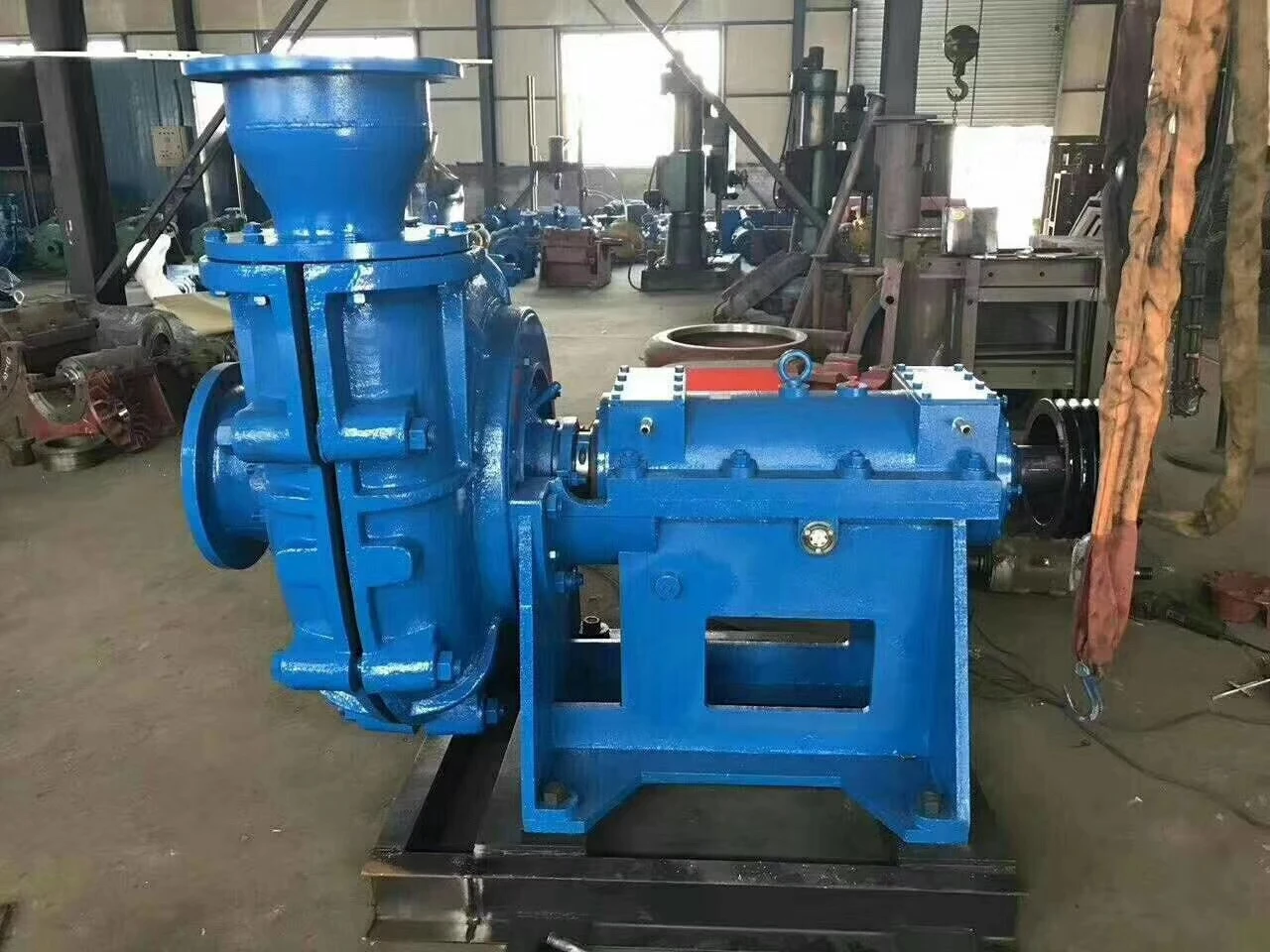Czech
- Afrikaans
- Albanian
- Amharic
- Arabic
- Armenian
- Azerbaijani
- Basque
- Belarusian
- Bengali
- Bosnian
- Bulgarian
- Catalan
- Cebuano
- Corsican
- Croatian
- Czech
- Danish
- Dutch
- English
- Esperanto
- Estonian
- Finnish
- French
- Frisian
- Galician
- Georgian
- German
- Greek
- Gujarati
- Haitian Creole
- hausa
- hawaiian
- Hebrew
- Hindi
- Miao
- Hungarian
- Icelandic
- igbo
- Indonesian
- irish
- Italian
- Japanese
- Javanese
- Kannada
- kazakh
- Khmer
- Rwandese
- Korean
- Kurdish
- Kyrgyz
- Lao
- Latin
- Latvian
- Lithuanian
- Luxembourgish
- Macedonian
- Malgashi
- Malay
- Malayalam
- Maltese
- Maori
- Marathi
- Mongolian
- Myanmar
- Nepali
- Norwegian
- Norwegian
- Occitan
- Pashto
- Persian
- Polish
- Portuguese
- Punjabi
- Romanian
- Russian
- Samoan
- Scottish Gaelic
- Serbian
- Sesotho
- Shona
- Sindhi
- Sinhala
- Slovak
- Slovenian
- Somali
- Spanish
- Sundanese
- Swahili
- Swedish
- Tagalog
- Tajik
- Tamil
- Tatar
- Telugu
- Thai
- Turkish
- Turkmen
- Ukrainian
- Urdu
- Uighur
- Uzbek
- Vietnamese
- Welsh
- Bantu
- Yiddish
- Yoruba
- Zulu
Telephone: +86 13120555503
Email: frank@cypump.com
Lis . 07, 2024 06:43 Back to list
Innovative Pump Solutions for the Chemical Industry and Their Applications in Manufacturing
The Importance of Pumps in the Chemical Industry
The chemical industry is a cornerstone of modern manufacturing, providing essential materials that are utilized in countless products, from pharmaceuticals to plastics. At the heart of this industry lies a crucial component pumps. These mechanical devices are vital for the movement of various fluids—whether they are corrosive chemicals, viscous slurries, or volatile solvents. Their efficiency, reliability, and safety are paramount to ensuring effective operations and maintaining environmental and personal safety.
Types of Pumps in the Chemical Industry
There are several types of pumps employed within the chemical sector, each suited for specific applications. The two main categories include centrifugal pumps and positive displacement pumps.
1. Centrifugal Pumps These are the most commonly used pump type in the chemical industry. They work by converting rotational energy, typically from a motor, into hydrodynamic energy, leading to fluid movement. Centrifugal pumps are ideal for continuous flow systems and are often used for moving low-viscosity liquids. They are efficient, simple to operate, and well-suited for applications such as cooling water circulation and chemical processing.
2. Positive Displacement Pumps Unlike centrifugal pumps, these pumps move fluids by trapping a fixed amount of liquid and forcing it into the discharge pipe. This type of pump is particularly effective for high-viscosity fluids and applications requiring precise flow rates. Common examples include gear pumps, diaphragm pumps, and screw pumps. Positive displacement pumps are often used in the transfer of slurries and other thick liquids in various processes.
Key Considerations in Pump Selection
Selecting the right pump for a specific application in the chemical industry involves multiple considerations to ensure optimal performance
- Chemical Compatibility Since the pump will be handling potentially corrosive or reactive substances, materials used in construction (such as stainless steel, plastics, or special alloys) must be compatible with the fluids being handled.
- Flow Rate and Pressure Requirements The pump must be capable of moving the required volume of liquid at the necessary pressure for specific processes. Understanding the flow characteristics and system demands is crucial in making the right choice.
chemical industry pumps

- Viscosity of Fluids Fluids with high viscosity require pumps that can handle thick liquids without significant risk of damage or inefficiency. This is where positive displacement pumps often come into play.
- Temperature Control Many chemical processes generate heat, and the pump must be able to handle varying temperatures without degradation. Systems may require heated or cooled components to maintain the integrity of the fluids being pumped.
Innovations in Pump Technology
Recent advancements in pump technology have significantly improved the efficiency and reliability of pumps in the chemical industry. Innovations include
- Smart Pump Technology The integration of IoT (Internet of Things) technology allows pumps to be monitored remotely, providing real-time data on performance metrics such as pressure, temperature, and flow rates. This leads to predictive maintenance, reducing downtime and extending the lifespan of equipment.
- Energy Efficiency With growing concerns over energy consumption and environmental impact, newer pump designs focus on reducing energy use while maximizing output. High-efficiency motors and variable frequency drives (VFDs) play significant roles in achieving these goals.
- Safety Enhancements Chemical processes can pose significant hazards. Modern pumps often incorporate advanced features to ensure safety, such as leak detection systems, automatic shut-off mechanisms, and containment solutions to prevent spills.
Conclusion
In conclusion, pumps are an indispensable part of the chemical industry, enabling the safe and efficient movement of fluids in various processes. Their selection and maintenance play a critical role in operational efficiency, safety, and environmental compliance. As technology advances, the capabilities of pumps continue to improve, allowing the chemical industry to meet modern challenges and demands effectively. Whether in large-scale manufacturing facilities or specialized processes, understanding the importance of pumps will remain central to the success of chemical operations worldwide.
-
Reliable Non-Clog Sewage Pumps with GPT-4-Turbo Tech
NewsAug.04,2025
-
High-Performance Air Pumps for Sand & Gravel | Efficient Transport
NewsAug.03,2025
-
ISG Series Vertical Pipeline Pump - Chi Yuan Pumps Co., LTD.|Energy Efficiency, Corrosion Resistance
NewsAug.03,2025
-
ISG Series Pipeline Pump - Chi Yuan Pumps | Energy Efficiency&Compact Design
NewsAug.03,2025
-
ISG Series Vertical Pipeline Pump - Chi Yuan Pumps Co., LTD.|High Efficiency, Low Noise, Durable
NewsAug.02,2025
-
ISG Series Vertical Pipeline Pump - Chi Yuan Pumps | High Efficiency, Low Noise
NewsAug.02,2025










